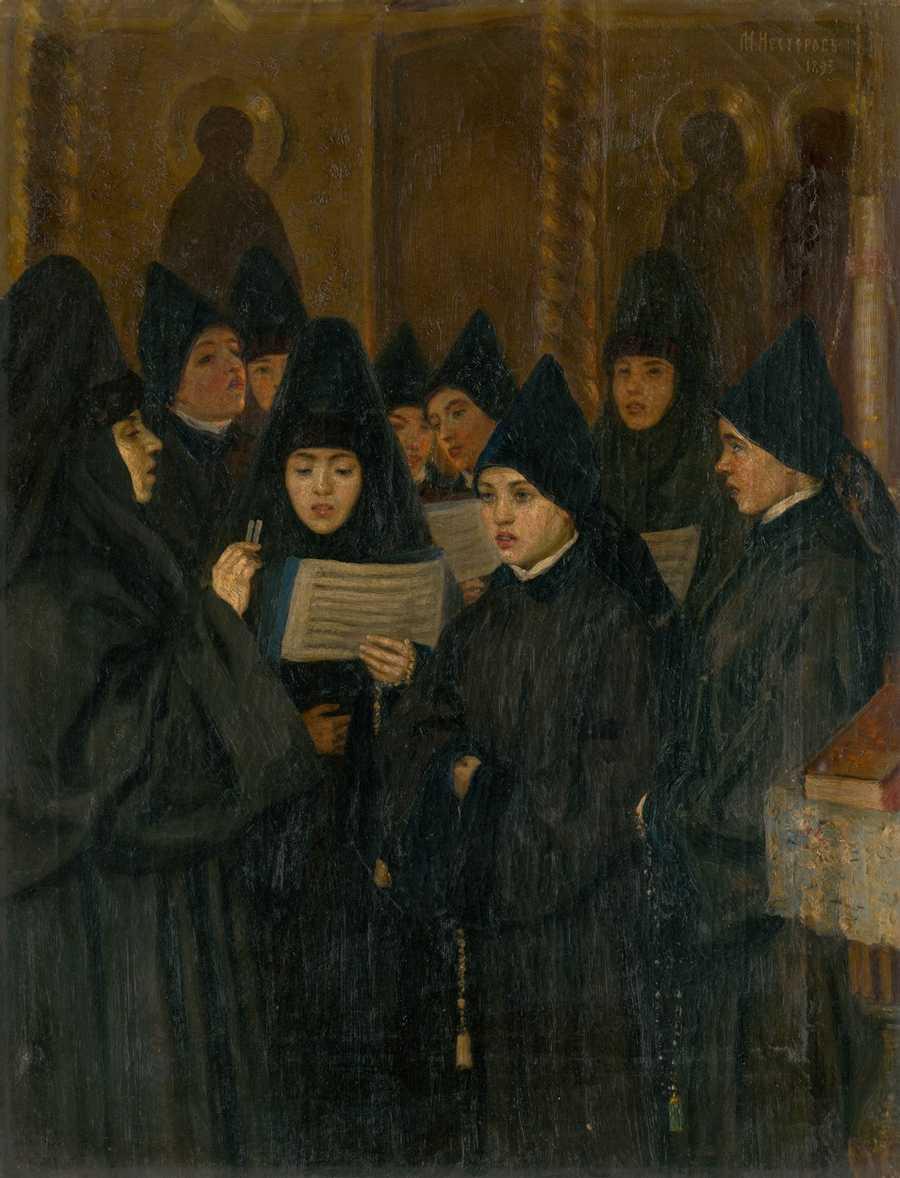Explore the World's Best Ideas
Join today and uncover 100+ curated journeys from 50+ topics. Unlock access to our mobile app with extensive features.
Anselm‘s ontological argument
Anselm's ontological argument is a philosophical argument, made from an ontological basis.
Anselm defines God as "the greatest being" and argues that if such being can exist in the mind, then it must also exist in reality. If it existed only in the mind, then an even greater being must be possible—one who exists both in mind and in reality. Therefore, this greatest possible being must exist in reality.
17
251 reads
The assumptions of Anselm‘s ontological argument
- Anselm assumes that the greatest possible being must exist in the mind, even in that of the person who denies the existence of God.
- He also assumes that the greatest possible being must exist in reality.
13
196 reads
Criticisms of Anselm's ontological argument
- The argument could be used to prove the existence of anything.
- Humans do not know God's nature.
- "Existing" adds nothing (including perfection) to the essence of a being. Thus, the greatest possible being does not need to exist.
- Some attributes of greatness are incompatible with others, rendering the concept of "greatest being" incoherent.
13
168 reads
IDEAS CURATED BY
Just a queer, brown, psychology undergraduate ranting about random things I come across. I organize my thoughts in little, informative chunks and try to cite my sources. #psychology #society #marxism #philosophy #leftist #LGBTQ #gay #trans #queer
Eeswari Chandra Segar's ideas are part of this journey:
Learn more about philosophy with this collection
Leonardo da Vinci's creative process
How to approach problem-solving like da Vinci
The importance of curiosity and observation
Related collections
Similar ideas
3 ideas
Teleological argument - Wikipedia
en.m.wikipedia.org
4 ideas
Pascal's wager - Wikipedia
en.m.wikipedia.org
2 ideas
Kalam cosmological argument - Wikipedia
en.m.wikipedia.org
Read & Learn
20x Faster
without
deepstash
with
deepstash
with
deepstash
Personalized microlearning
—
100+ Learning Journeys
—
Access to 200,000+ ideas
—
Access to the mobile app
—
Unlimited idea saving
—
—
Unlimited history
—
—
Unlimited listening to ideas
—
—
Downloading & offline access
—
—
Supercharge your mind with one idea per day
Enter your email and spend 1 minute every day to learn something new.
I agree to receive email updates



